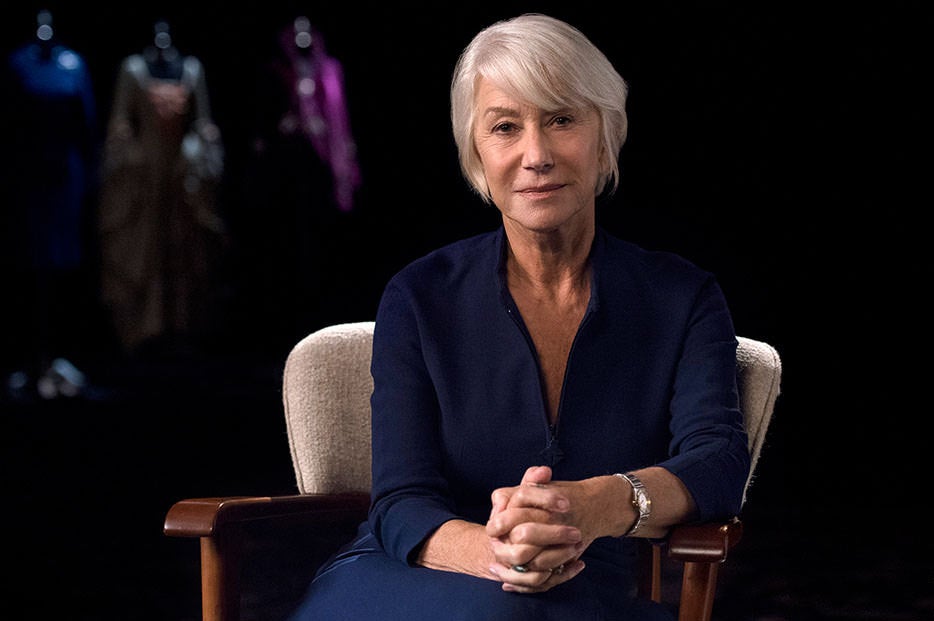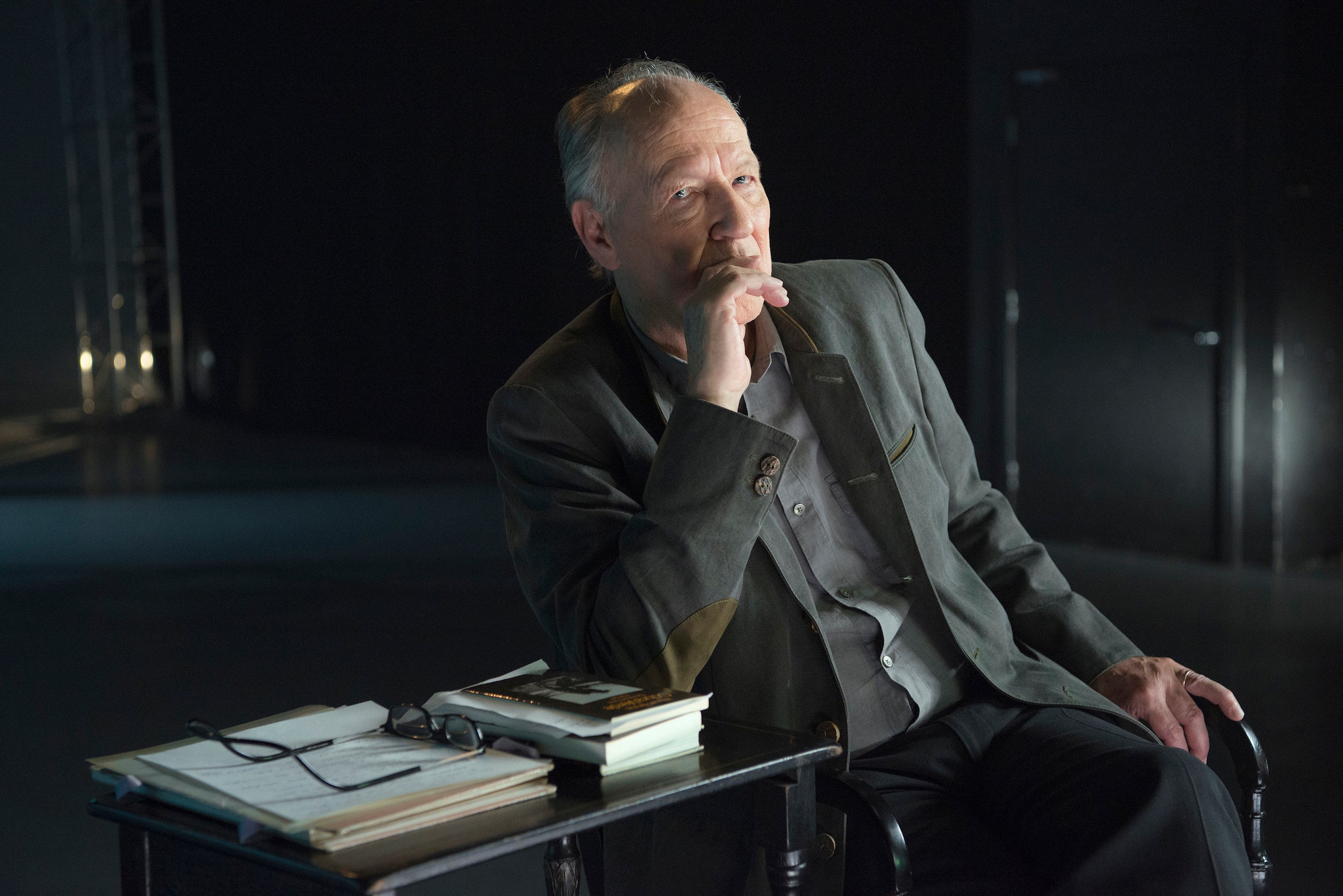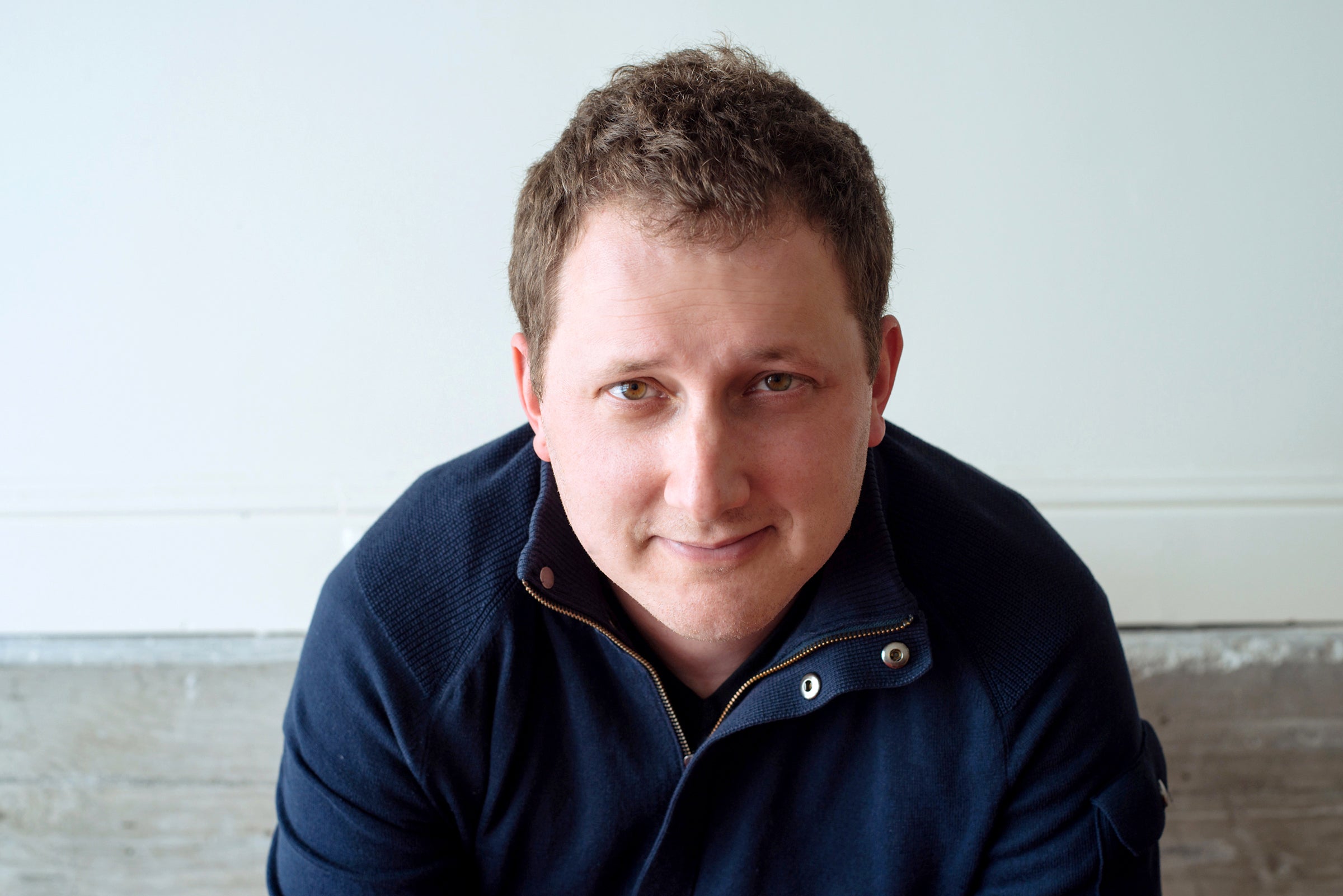Is the future of education paying $90 to watch Werner Herzog tell stories about eating maggots?
A journey through MasterClass, the celeb-studded education programme whose ads are filling up your newsfeeds

Your support helps us to tell the story
From reproductive rights to climate change to Big Tech, The Independent is on the ground when the story is developing. Whether it's investigating the financials of Elon Musk's pro-Trump PAC or producing our latest documentary, 'The A Word', which shines a light on the American women fighting for reproductive rights, we know how important it is to parse out the facts from the messaging.
At such a critical moment in US history, we need reporters on the ground. Your donation allows us to keep sending journalists to speak to both sides of the story.
The Independent is trusted by Americans across the entire political spectrum. And unlike many other quality news outlets, we choose not to lock Americans out of our reporting and analysis with paywalls. We believe quality journalism should be available to everyone, paid for by those who can afford it.
Your support makes all the difference.We are here to learn how to make a film. Our teacher is Werner Herzog.
“I ate live maggots,” says the German director, addressing the camera from a sparsely furnished sound stage.
Ate. Live. Maggots. (We’re taking notes.)
“I mean big, white, crawling maggots.”
Big. White. Crawling.
“A chief comes with three or four of them in his hand... and offers it to me as a special delicacy,” Herzog says. “And they all stand and wait. And of course you have to eat them.”
Of course. This is episode seven of 26 in Herzog’s moviemaking course on MasterClass.com, a compendium of video lessons from professionals at the top of their fields: Serena Williams teaching tennis, Garry Kasparov teaching chess, Frank Gehry teaching architecture, Stephen Curry teaching basketball, and so forth.
“By the end, you’ll write unforgettable screenplays,” promises the home page of Aaron Sorkin’s class on screenwriting.
Oh really?
We’ve been bombarded by advertisements for MasterClass online, and so we decided to sign up for some courses – not because a career change is in order, or a talent lies untapped, but because, frankly, we wondered if this was basically a sham.
Although how could it be a sham, with so many reputable names attached?

Which then made us think: why are busy, wealthy geniuses taking the time to participate in an online teaching forum?
Here’s one famous instructor on why he participated: “MasterClass takes my experiences and combines them in a way that now allows me to give back to others.”
That was Kevin Spacey in 2015, the year MasterClass launched. Spacey’s class was discontinued because his public reputation imploded last year, and this year he was replaced by a substitute teacher named Helen Mirren.
“Be on time,” says Mirren, sitting on the world’s largest Oriental rug, in her 27th and final episode. “Don’t be an a------.”
Got it.
Was that advice worth $90 (£65)?
To be fair, Mirren’s course runs over six hours – $15 an hour to listen to an Oscar-winning icon, less than the rate for some parking garages. ($180 unlocks all courses, for a full year.) And you don’t need to be an aspiring actor to enjoy Mirren’s digressions on her facial expressions in The Queen or her axioms that can apply to any person, in any profession.
“There is absolutely no one on this planet like you,” she says in lesson three. “And to be the actor that you are, you have to be the you that you are.”

Some of the courses are like therapy, that way.
“What is that mysterious well inside you that you can let out?” asks Steve Martin in his second class on comedy, sounding like the nicest, funniest shrink in the world.
How did we get here, with Helen Mirren on one browser window getting us to open our heart and Wolfgang Puck on another browser window teaching us how to make béchamel sauce?
As knowledge has evolved, so has the means to share it: smoke signal, semaphore, parchment, printing press, telegraph, telephone, YouTube, etc. At a time when you can learn how to do anything online – from strangers who may not actually know what they’re talking about – MasterClass is aiming to restore mastery to its rightful place of prestige, with a famous face at the front of the classroom, but still within a digital arm’s reach.
For co-founder and chief executive David Rogier, 35, the memory of his Polish grandmother is a touchstone. Having lost her home and her father to the Nazis, she once told him – as he complained about doing maths homework – that education is the only thing no one can take away from you. Rogier was one of those California kids who built a search engine before he could drive a car. He got his MBA at Stanford, worked in venture capital and brainstormed ideas for companies that would improve the world.

MasterClass widens the availability of a particular kind of enrichment, Rogier says, and democratises access to “the best” in the business.
“I believe that makes the world better,” he says. “It could be slow. It could take time. But that’s the direction we should go in as a species.”
Rogier and his team wrangled their first instructors by sending emails and cold-calling people such as novelist James Patterson. It helped that Rogier was high school friends with Dustin Hoffman’s daughter; early on, the actor filmed a course that was directed by Jay Roach (Meet the Parents), though it’s no longer offered. Big names signed on, both to teach (Herbie Hancock on jazz, Jane Goodall on conservation) and to invest (Robert Downey Jr, Usher, Bloomberg Beta).
“They weren’t asking about money; they weren’t asking about deal terms,” Rogier says of the instructors. “They actually wanted to teach,” particularly for a theoretically limitless number of students, and for as long as the internet lives.
MasterClass won’t disclose how much instructors get paid, though Rogier believes the scope of their time commitment exceeds that of their windfall, which comes from an advance payment plus a share from the number of classes sold.
The average gestation time for a course is four to eight months, during which the celebrity instructor plans a curriculum with the MasterClass staff. The video shoot typically takes an average of three full days.
MasterClass has 100 employees and is based in the Bay Area, with an office in Los Angeles. The latest and largest round of investment ($35m) arrived in March 2017, which explains the big advertising push over the past year. Rogier aims to expand across more fields of study, at an international level, and to enlist instructors who are not as famous as – but still equal in ability to – the likes of Christina Aguilera teaching singing (“Keep a journal”) or Diane von Furstenberg teaching how to build a fashion brand (“The most important relationship you have is the one you have with yourself”).
Author Malcolm Gladwell’s course on writing went online last week. His agent first told him about MasterClass, and Gladwell thought it was an opportunity to remain relevant by trying out new forms of media (it’s why he started podcasting three years ago).
“I consider it an experiment,” Gladwell writes in an email. “What intrigues me is how close online learning gets to face-to-face. So the best case scenario is if Steph Curry talks to me, one-on-one. But since that isn’t happening, how much can we approximate that kind of intimacy with a well-produced and thoughtful video class? I love it that someone is trying to answer that question.”
Some classes, like Curry’s, are articulate and basic (in a useful way).
“All the greatest shooters are great at using their legs as the foundation for their shot,” says the NBA superstar, standing on a court. “They don’t shoot with their arms. They shoot with their legs first.”
Others, like Annie Leibovitz’s, are... less so.
“I mean, I remember just being sort of so surprised when I would see the imagery, and what you – what you got from a situation, or something, that, you know – I mean literally – couldn’t believe it came out,” the famed photographer says, ostensibly talking about making portraits. “Like, oh my God, this is, like, amazing. So. I think that there – it just – it takes doing it over and over and over.”
And a class like Werner Herzog’s is more about an attitude towards life than a technical craft; you come away knowing more about the instructor’s soul than about his art. To get into screenwriting mode, for example, Herzog reads ancient Icelandic poetry and then drives his wife crazy by listening to Beethoven on repeat.
“I had to learn how to sleep with guinea pigs running all over me,” Herzog says in his fifth class, on how to shoot on location. “I lived in a hammock for one-and-a-half years in the jungle. It was fine.”
© Washington Post
Join our commenting forum
Join thought-provoking conversations, follow other Independent readers and see their replies
Comments